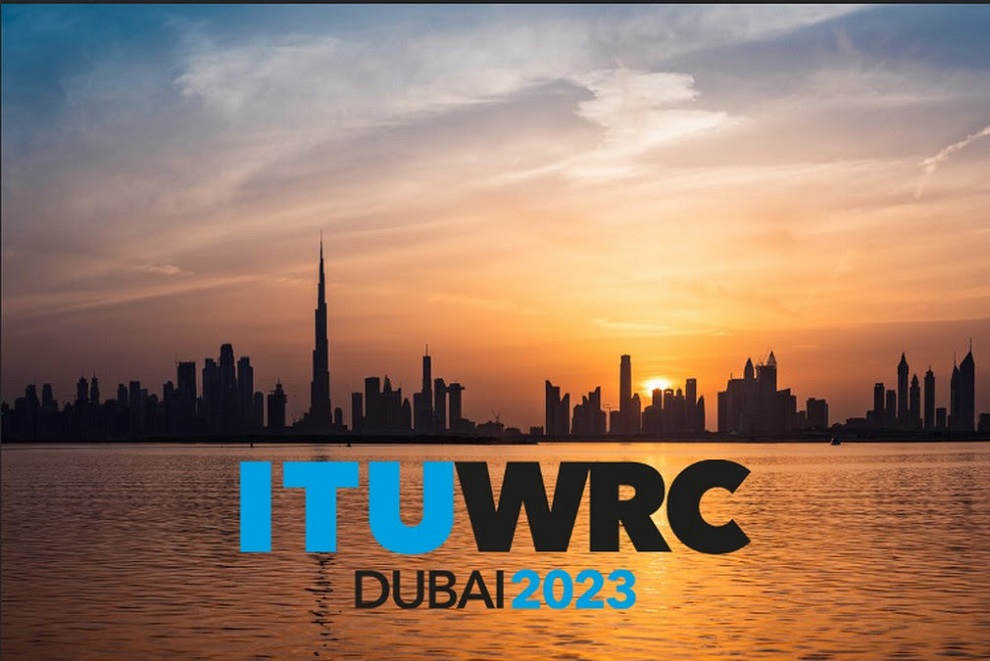Dubai WRC approves GEO power limits
December 14, 2023
By Chris Forrester

While much of the world has been focussing on Dubai for its COP28 Climate Change conference, the satellite world has been quietly busy at the 2023 World Radiocommunication Conference (WRC) – which wraps on December 15th. But initial news from the Dubai World Trade Centre, at least for geo-stationary operators, seems good although the decision are far from definitive..
The rules under examination are in the ITU’s Article 22. They have allowed a fast-growing LEO cluster of operators to develop in multiple frequencies, especially Ku- and Ka-band, both of which widely used by GEO satellite operators providing broadband links.
The WRC international regulators appear to have granted – at least – a partial victory to each of the opposing satellite operator camps arguing about changes to limits on how much power non-GEO orbit satellites can emit in order to protect GEO satellites and their transmissions.
However, they also agreed to look again at the position in four years at the next WRC in 2027.
This lack of a definite verdict one way or another seems to have upset both the Geo fraternity as well as LEO operators. Amazon’s Project Kuiper, for example, had backed the argument that technology progress now meant a more flexible use of spectrum from LEO while at the same time ensuring protections for GEO satellites.
The GEO players (reportedly led by SES and Viasat) wanted the current status-quo maintained and quite definitely not in favour of any revision of the rules.
One option – not decided upon – could mean that future satellites could be subject to new modified rules, but existing GEO craft would be protected. Either way, much is now postponed until 2027.
